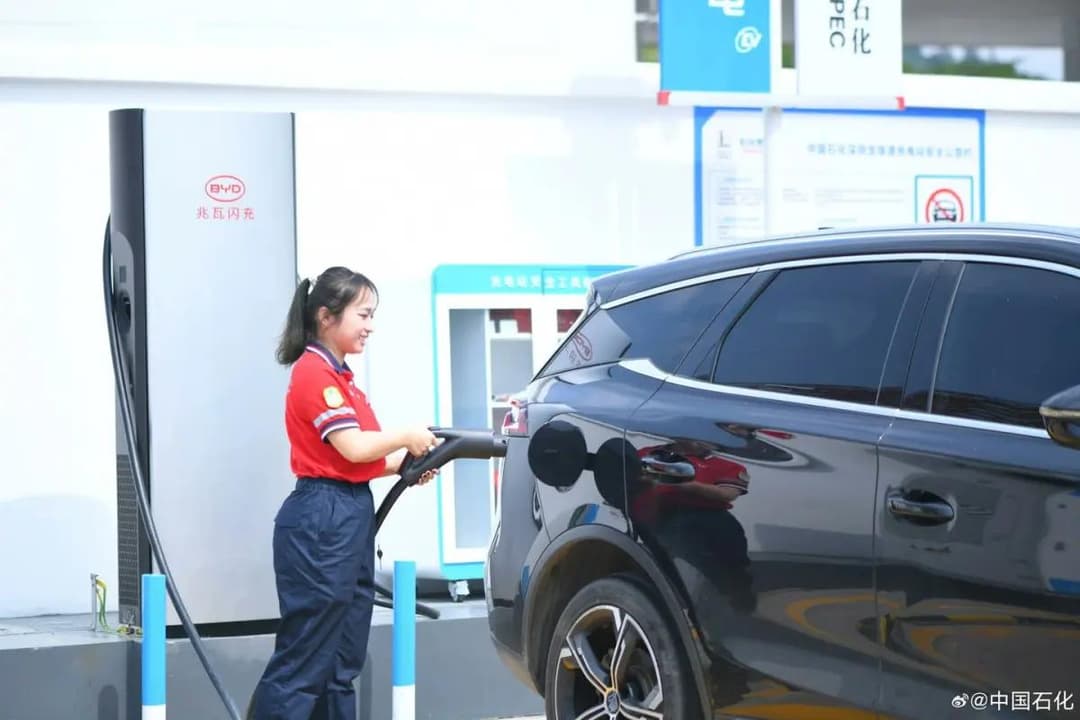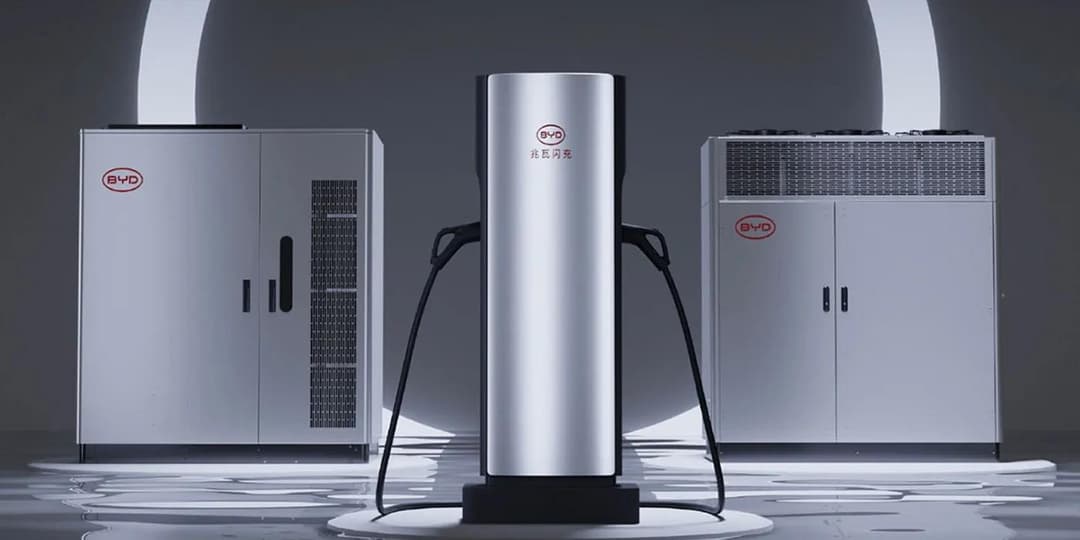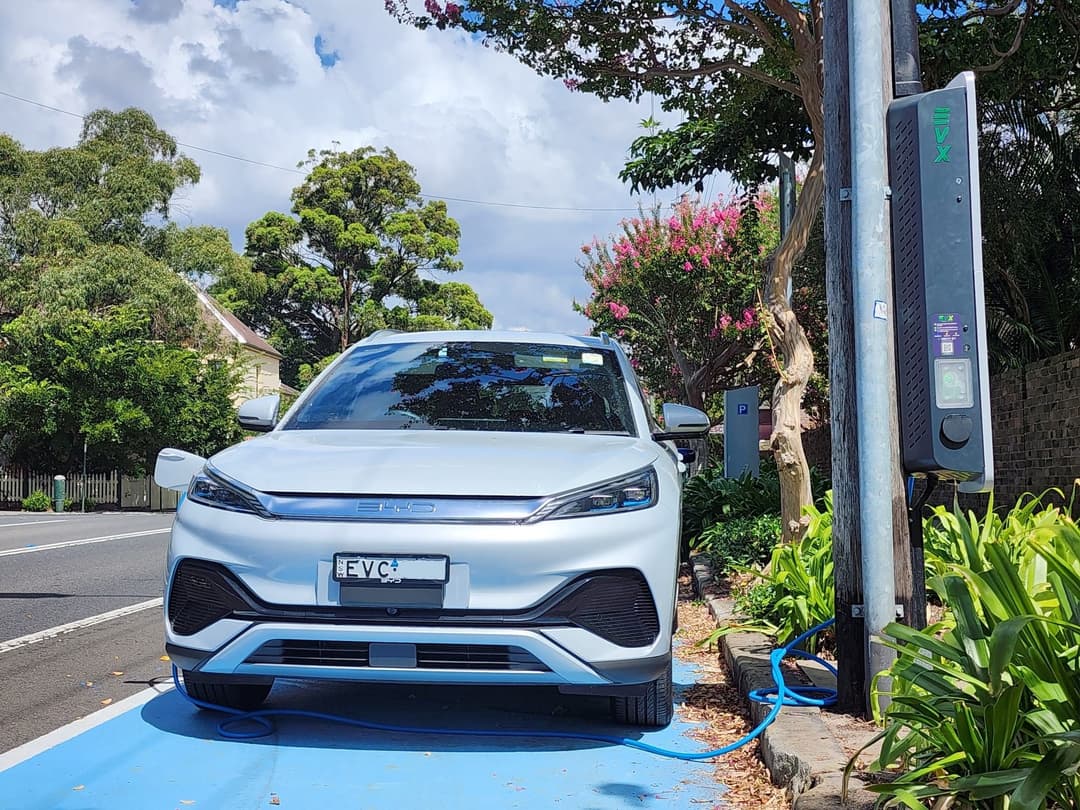Chinese EV and battery giant BYD is reportedly testing its first-generation solid-state battery in real-world conditions, using its Seal electric sedan as the testbed. According to reports originating in China and shared by Electrek, these road trials are now underway, and the new battery technology could offer a range of up to 1,500 km based on the NEDC test cycle.
These initial tests are expected to continue until around 2027. If successful, the new solid-state batteries could start appearing in BYD’s limited-run production models by then, with full-scale integration planned for 2030.
▶️MORE: BYD vs Tesla: Researchers Reveal Which EV Battery Reigns Supreme

What Makes the Solid-State Battery So Advanced
The new solid-state battery BYD is trialling is reported to have an energy density of 400 Wh/kg, more than double the density of its current LFP-based blade battery, which sits at 150 Wh/kg. Even with an updated version of the blade battery reaching 190 Wh/kg, the solid-state design significantly outpaces it.
Other standout features of the battery include:
- Estimated range: Up to 1,500 km (NEDC)
- Charging time: Approximately 12 minutes
- Energy density: 400 Wh/kg
This level of performance could dramatically reduce range anxiety for EV drivers and shift expectations for what electric cars can deliver in everyday use.
▶️MORE: 2025 BYD Seal Price and Specs

1 MW Charging Infrastructure Already Rolling Out
Earlier this year, BYD revealed a new charging architecture called the “Super e-Platform.” It supports ultra-high-speed charging up to 1,000 kW (1 megawatt), enabling compatible vehicles to gain up to 400 km of range in as little as five minutes.
The first cars to benefit from this system include the updated Han L sedan and Tang L SUV. These vehicles are fitted with BYD’s latest blade battery and are already being delivered to customers in China. The tech is supported by a rollout of 1 MW chargers across the country, indicating that this charging innovation is not exclusive to high-end models and could soon reach more mainstream vehicles.
▶️MORE: BYD Atto 3 Charging Guide: Charge times, speed and cost

Battery Technology is Progressing on All Fronts
While solid-state batteries are still years away from mass production, BYD’s steady progress suggests real-world applications are on the horizon. In the meantime, improvements in lithium-iron phosphate (LFP) chemistry, increased charging speeds, and more efficient energy storage continue to push the EV industry forward.
With BYD’s continued focus on innovation and market leadership in new energy vehicles (NEVs), it’s clear that a major transformation is underway. If these advances make it into global markets, including Australia, they could mark the beginning of the end for petrol-powered vehicles and the range anxiety that’s held back wider EV adoption.
Stay up to date with the latest EV news
- Get the latest news and update
- New EV model releases
- Get money savings-deal
